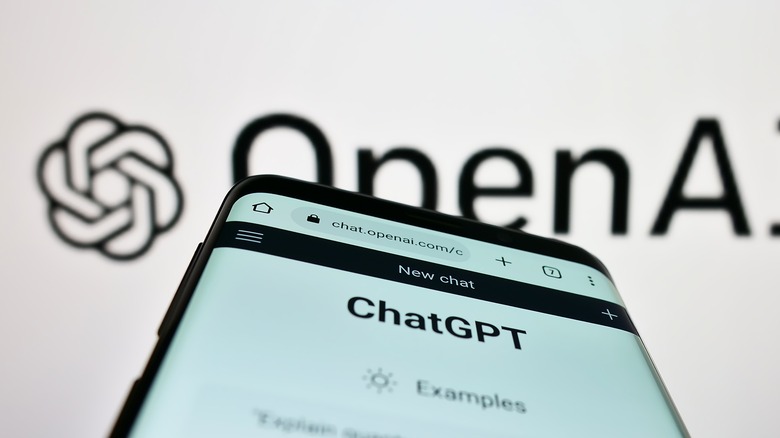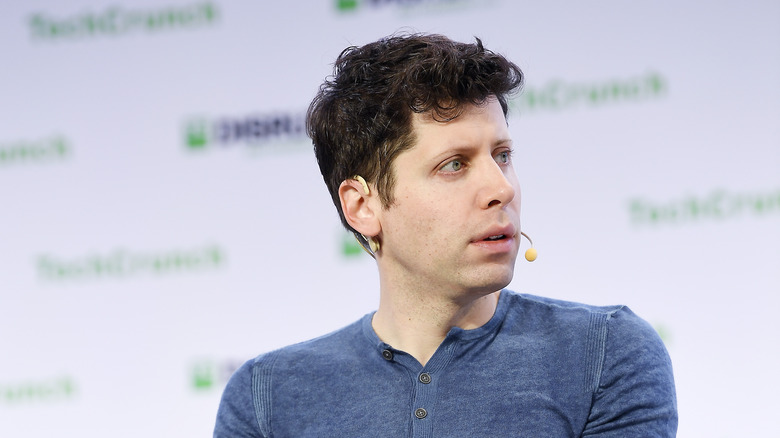Don't Expect OpenAI's GPT-5 Anytime Soon
OpenAI recently upgraded its conversational AI called ChatGPT to the GPT-4 model, adding some key features like multi-modality to its bag of tricks. But it appears that the company will stick to GPT-4 refinements for a while, and currently has no active work going on for a successor called GPT-5. Sam Altman, CEO of OpenAI recently sat for a video interview at MIT with podcast host Lex Fridman and cleared that his Microsoft-backed company isn't pursuing GPT-5 development at the moment. Following the release of GPT-4 in March, multiple AI evangelists and Twitter hucksters predicted that at its current pace, OpenAI will push GPT-5 by the end of 2023, but that doesn't appear to be happening in the words of Altman himself.
"We are not and won't for some time," Altman responded when asked about the pace of progress behind the GPT models. Altman's admission makes sense, although it would be unwise to believe that OpenAI hasn't thought about the next-gen model. Right now, OpenAI is giving the biggest commercial push to its products by selling APIs and plug-ins to some well-known global brands, and of course, a subscription service, too. Microsoft, on the other hand, has integrated the tech into its Office suite of products, added the Bing Chat system into its search engine, brought the same tech to its SwiftKey keyboard, and has started offering OpenAI's text-to-image generator in its Edge browser.
A storm of AI policy reckoning lay ahead
In addition to talking about GPT-5, Altman also talked about the apprehensions surrounding AI and the associated risks. Things really escalated when the likes of Elon Musk, Steve Wozniak, and some of the world's top minds in the AI field signed an open letter, asking for a 6-month pause on the development of advanced AI like GPT-4 citing tangible risks. While Altman was not entirely dismissive of the letter, he remarked that the proposal and some of its claims were devoid of "most technical nuance" when it comes to finding the areas where we need to hit the brakes.
"I think moving with caution and increasing rigor for safety issues is really important. The letter I don't think is the optimal way to address it," Altman said. But the open letter wasn't the only cautionary AI tale. The Biden administration is already said to be exploring a model code of regulatory conduct and ethics around AI development and deployment to assuage the risks. Earlier this week, the National Telecommunications and Information Administration (NTIA) also issued a request seeking proposals around accountability and safety so that safety remains intact and appropriate policies can be put in place.

